One year-plus into the largest public health crisis in a century, CooperatorNews spoke to real estate professionals across the geographic regions we cover to learn the effects that the COVID-19 pandemic has had on their specific areas. What we found out is that the co-op, condo, and HOA market has taken several twists and turns over the past year—and a lot of that movement depends on where you live. In fact, even within the same region, the pandemic has had varying impacts in luxury sectors versus middle-market, as well as in urban centers versus more outlying areas. A number of tangential factors are playing into trends and forecasts as well, making for a patchwork of experience across the country.
The Bounces
Perhaps unsurprisingly, the biggest dips in property value and activity were seen in the second and third quarters of 2020, when the nation was experiencing its second wave of infections and states were in various levels of lockdown to contain the outbreaks. Realtors across the country were unable to show properties in person for months in many cases, and transactions were further hampered by limits on travel, gatherings, and long backlogs in the courts. In many U.S. cities, the civil unrest following the murder of George Floyd by Minneapolis police officers last year also had a compounded impact on real estate in those markets—some of which is still being felt. Condos and co-ops struggled as dense urban living and shared spaces lost some of their appeal when less was known about COVID-19 contagion and vaccines were still a pipe dream.
But all that is changing. Gail Spreen, Senior Vice President of Sales for Jameson Sotheby’s in Chicago, sees a recovery in the market happening—not just as an end to the pandemic and its economic fallout, but as a shift from the uncertainty and tumult felt over the last year-plus in general. “I think it’s actually a great time to be a buyer,” says Spreen, “because we’ve got great interest rates, our prices are down right now, and there’s a real positive energy.” She describes Chicago as feeling “electric,” with people getting back out in the warm weather, dining at restaurants, sitting outside, and going to the reopened Navy Pier.
According to Spreen, the Chicago co-op and condo sales market did see some dips in pricing, but activity remains apace. Much of this can be attributed to the ease with which buyers, sellers, and agents have taken up—and mastered, in many cases—the technology available to them, including virtual open houses and property tours. “We still had a really decent selling season,” Spreen says, “even if our prices were down a bit, we still had people buying. And some had never even gotten in to see the condo before they actually closed on it.”
Garrett Derderian, Director of Market Intelligence for property firm SERHANT., reports that the bounce-back is apparent in New York City, too, where during Q3 2020, sales averaged 10.65% below listing prices. The average discount for condos was 11.78%, for co-ops 9.55%, and for townhomes 18.94%. Since then, discounts have gotten significantly more shallow. “Currently, we see discounts hovering around 8%,” says Derderian, “indicating the market is beginning to tighten as asking prices realign and more buyers return to the city now that COVID-related restrictions are lifting.”
In Boston, condominium sales are not only bouncing back—they’re breaking records. According to the Greater Boston Association of Realtors, this April, which saw a 60.3% increase in condo sales over last April, had a record-setting 1,220 units go into contract. Douglas Elliman Downtown Boston’s recent market report notes that Q1 2021 had the highest number of condominium sales in a first quarter since 2006.
“The statistics are mind-boggling,” says Gene Hashkes, a realtor/broker at William Raveis in Newton, Massachusetts, “and I’ve been doing this for 25 years. With more people vaccinated, with us returning to work and back to life, you’re seeing a resurgence in the condo market.”
Additionally, thanks to historically low interest rates many first-time homebuyers may find that they’re now able to afford a city condo, while the numbers might not have worked a year or two ago. “This is an excellent opportunity to buy a condominium,” says Hashkes. “So, where you’ve seen [single-family] home prices appreciate over the last 12 months, condos have just been going up since the beginning of the year.”
Additionally, the technology that became a necessity because of COVID has changed the experience of apartment hunting—and by most accounts, the changes are for the better. Tours are happening online, through photo and video sharing, or via teleconferencing. Buyers, says Spreen, can narrow down their searches at their realtor’s office or at home, saving in-person visits for properties in which they are truly interested. This makes the process easier for agents as well: No more Sundays spent open-house-hopping. No more taking clients to see a unit they really have no intention of putting an offer on. Advance scheduling and limited walk-throughs makes things easier on buildings and associations, too. What began as an adaptation to dire circumstances definitely seems to be a trend with staying power.
The Leaps
Where Northern cities like Chicago, New York, and Boston saw a distinct outward migration of residents during the early days of the pandemic, cities in the South, with more access to open space and favorable weather, experienced an influx—and in some cases, a veritable boom.
For example, the Miami Realtors Association reports that aside from a slight price dip in February 2021, South Florida has been one of the hottest markets going for the last year-plus. The migration of buyers from the Northeast and West Coast has fueled strong demand for homes there, says the Association, noting that between March and April of this year alone, condo prices rose by at least 20% for Broward and Miami-Dade counties.
The year-over-year picture is even more remarkable. Between April 2020 and April 2021, the total number of condo sales in Broward grew by 126.9%; in Miami-Dade, that number is an astonishing 234.2%. Median condo sales prices climbed in the two counties 19.9% and 23.0%, respectively.
Florida Realtors points out that the pricing disparity can partly be attributed to using April as a comparison month—lockdowns were in full effect in April of 2020—but there is still a “severe shortage” of homes for sale compared to historic levels (as well as to high-inventory areas like New York City), which the organization says is the main contributor to these price surges. They also note that in parts of South Florida and Tampa Bay, 50%–60% of condo and townhome deals were all cash.
While this is good news for sellers, buyers—particularly first-time homebuyers looking to finance their purchase—are facing some unforeseen obstacles. “First-time buyers in particular are having trouble securing that first home for a multitude of reasons, including not enough affordable properties, competition with cash buyers, and properties leaving the market at such a rapid pace,” says Lawrence Yun, chief economist for the National Association of Realtors (NAR).
The trajectory and longer-term implications of this trend are uncertain. The horrific tragedy of the collapse at Champlain Towers in Surfside, Florida, has sent a ripple of panic through the high-rise condominium market. While this might create a burst of inventory as residents and investor-owners look to sell in the short-term, it remains to be seen how much effect—if any—this will have on pricing and on buyers’ interest in this type of housing.
On a national scale, data suggest that “in the short-term, inventory shortages will persist,” according to Joel Kan, associate vice president of economic and industry forecasting at the Mortgage Bankers Association. The ever-rising costs of labor and materials, plus a current labor shortage, are putting a proverbial wrench in new construction nationwide.
Shrinking inventory isn’t the only problem. While interest rates have reached historic lows in recent months, sparking some of the increased activity in the housing market nationally, many real estate and financial professionals predict a change in this environment. Freddie Mac chief economist Sam Khater sees it happening sooner rather than later. “Consumer inflation recently has accelerated at its fastest pace in more than 12 years and may lead to higher mortgage rates,” he says.
The Grandes-Jetés
Since the first COVID-19 vaccine in the United States was administered on December 14, 2020, 48.8% of Americans have been fully vaccinated as of the time of this writing, according to the U.S. Centers for Disease Control and Prevention (CDC). Perhaps inspired by this tenuous progress, or perhaps limited from other mega-bucks purchases for the better part of a year, wealthy homeseekers are not hesitating to invest in luxury co-ops and condos.
The Miami Realtors Association cites an influx of out-of-state residents following the growing number of finance and tech firms that are expanding or relocating to Miami as a driver of luxury home purchases in the area. In Broward, sales of condo units for $1 million and up jumped 473%. (Yes, you read that correctly.) And in Miami-Dade? Five hundred forty-one percent.
The Miami Herald reports a surge in buyers from Latin America as well. The outlet indicates that affluent South and Central Americans see South Florida real estate as a safe place to park their money at a time when many countries in the region face political and social upheaval, as well as a spotty rollout of the COVID-19 vaccine.
“A few months ago we had zero Latin American buyers,” says Danny Hertzberg, a sales associate for The Jills Zeder Group, a Miami real estate brokerage firm. “Today, we have several contracts with Central American and South American buyers.”
In other urban areas that were reportedly bleeding wealthy homeowners at the coronavirus’s onset, a reinfusion of sorts appears to be taking place at this stage of the pandemic. New York real estate expert Donna Olshan, president of Olshan Realty Inc. and Olshan Group LLC, says that the luxury sector is seeing the biggest surge since her agency began tracking such data in 2006, partially because of the size of the units being purchased.
“We’re seeing a streak we’ve never seen before,” says Olshan. “We have gone 14 weeks with contracts signed at $4 million and above in Manhattan. People are buying condos—but what makes this period of time different is that people are buying larger condos. The average price for these condos is higher than it has been in the past, but because the size is 8% [larger], of course the price is going to rise.”
Vicki V. Negron, a licensed associate broker with Corcoran in Brooklyn, adds that outdoor space, whether common or private, is another determinant of interest for deep-pocketed buyers. “Outdoor space, the size of the condos, and the fact that we may need to be working from home indefinitely, or at some point again, are all important factors to consider,” she says. “Apartment size and outdoor space [are] almost as important as location [near] to transportation used to be.”
The Future
While parts of the U.S. began turning a corner on coronavirus infections and hospitalizations this spring and summer, other parts are seeing their biggest surges yet as we enter into fall. With the extremely contagious Delta variant of the virus becoming the dominant strain and the majority of Americans remaining unvaccinated, we are clearly still in the clutches of this devastating pandemic. Attitudes toward vaccination are competing with access and availability in some parts of the world—and indeed, much of this country as well—stymying the effort toward that elusive “herd immunity.”
Still there is an abiding sense of hope that fall will bring a complete reopening of offices, schools, and international borders, and with it the resumption of “normal” co-op and condo activity in the U.S.
As travel restrictions ease, Hertzberg predicts more Florida buyers from Latin America as well as Europe, along with more interest from the Northeast and Silicon Valley. New York realtors are hoping that as the international buyer returns, the Big Apple might offer the best bang for the buck (or peso, or yen, or riyal), as sponsors are “meeting the moment” with deals intended to unload stagnant inventory.
Most of all, as the country tip-toes out of the pandemic that brought the world to its knees, people are making changes to their lifestyles and to their priorities in profound ways, and this will have implications for residential real estate long into the future. How many people will be able to continue working remotely and will never actually go back to their offices? Will views command as much value as space, especially outdoor space? What about ‘location, location, location’? The real estate pros advise that to meet this moment, flexibility in marketing is key. Staying competitive will require constant reassessment of promotional practices and a willingness to adjust accordingly.
Darcey Gerstein is Associate Editor and Staff Writer for CooperatorNews.




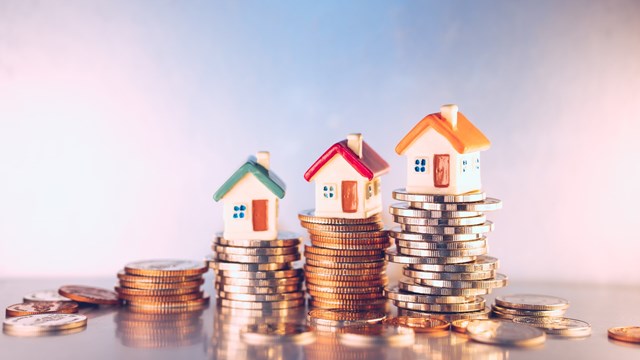
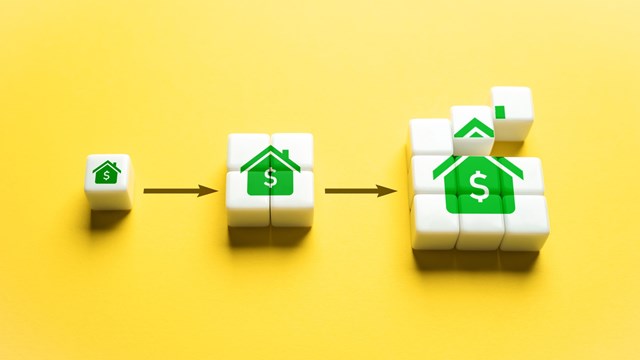
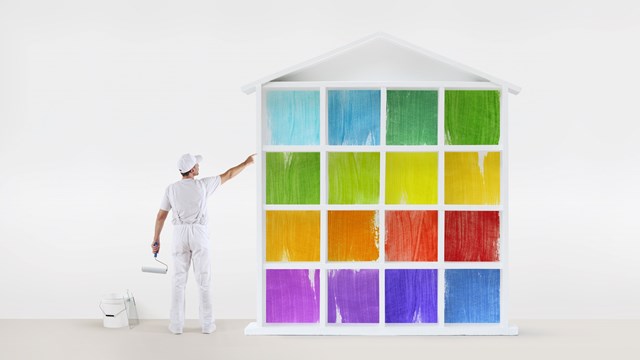
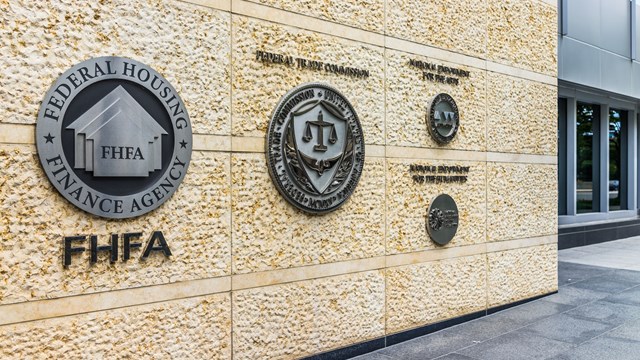
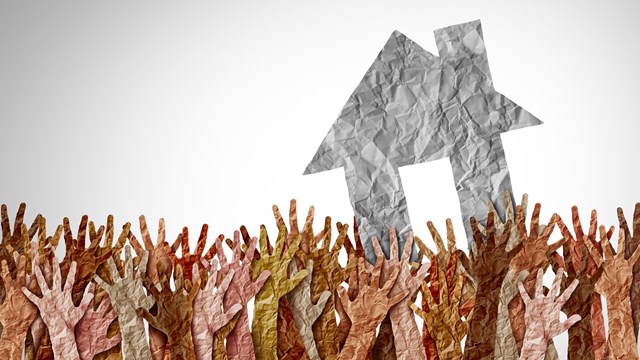
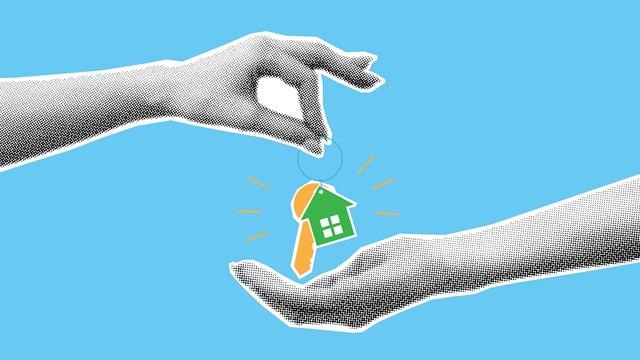
Leave a Comment